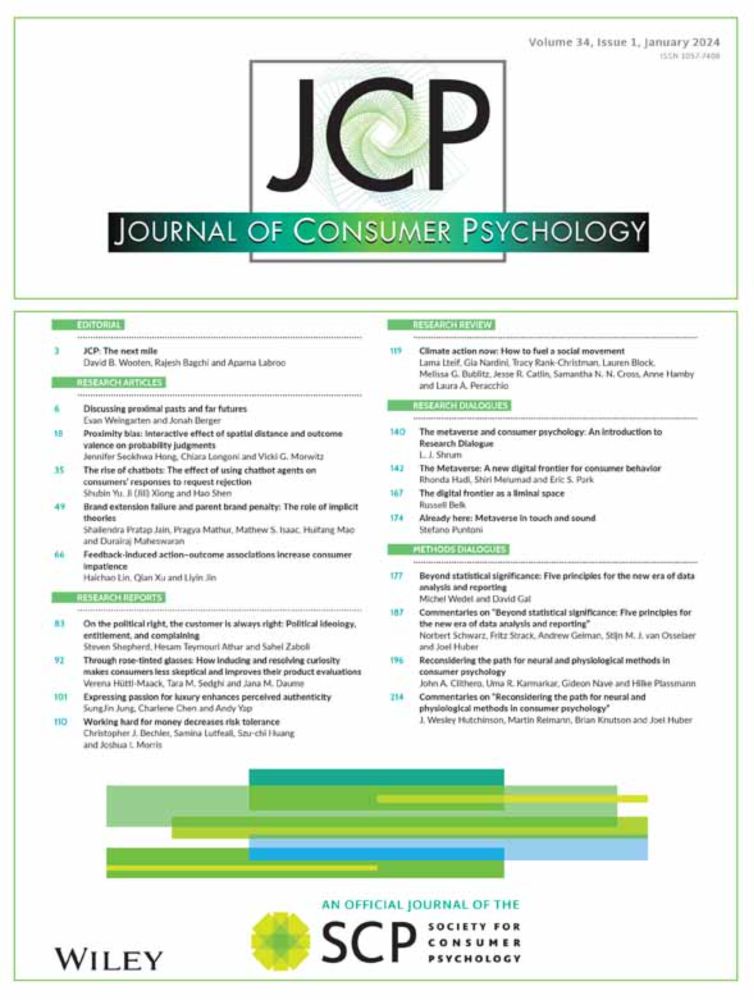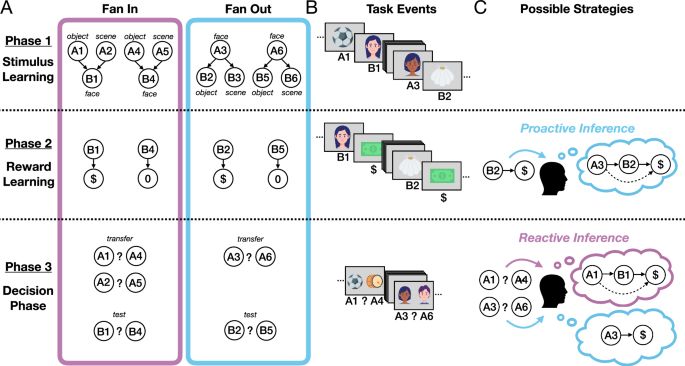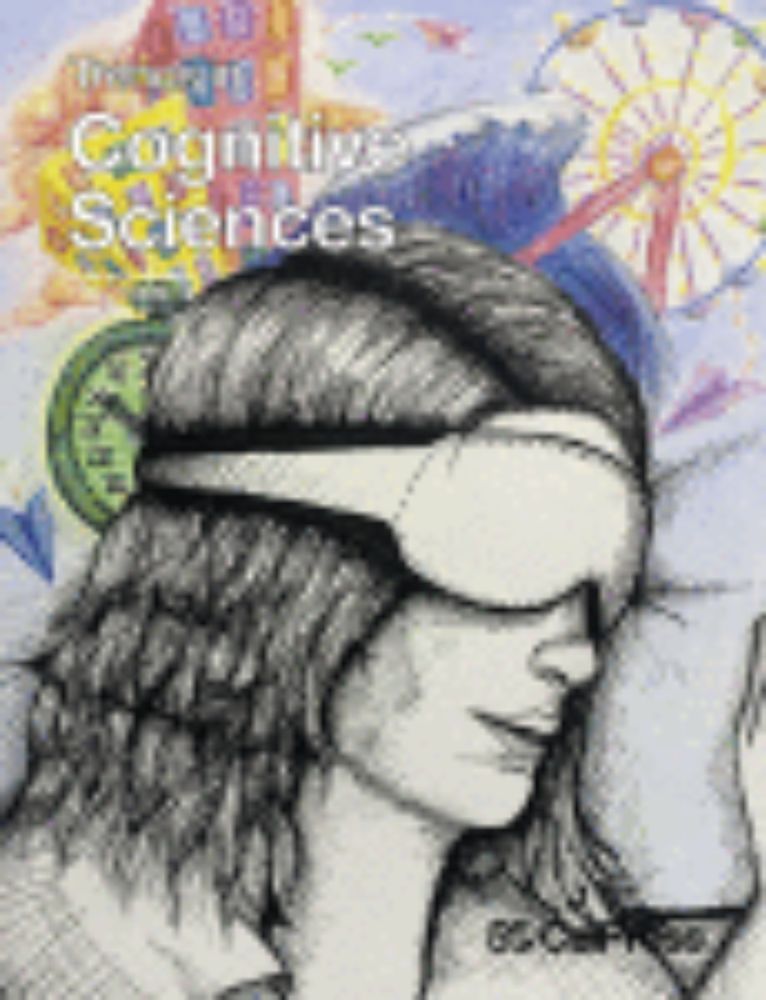
Here is one earlier this year in JCP, with @umakarma.bsky.social , Gideon Nave, & Hilke Plassmann: "Reconsidering the path for neural and physiological methods in consumer psychology" myscp.onlinelibrary.wiley.com/doi/10.1002/...
Wonderful essay.
Please, share and enjoy.
open.substack.com/pub/robchave...

Wonderful essay.
In @currentbiology.bsky.social, @chazfirestone.bsky.social & I show how these images—known as “visual anagrams”—can help solve a longstanding problem in cognitive science. bit.ly/45BVnCZ






www.aeaweb.org/articles?id=...

www.aeaweb.org/articles?id=...
Highly recommended! Both serious and entertaining examples of how categorization is challenging.
direct.mit.edu/books/monogr...

Highly recommended! Both serious and entertaining examples of how categorization is challenging.
direct.mit.edu/books/monogr...
Perspective by Marcos Nadal (@mnadal.bsky.social) & Martin Skov (@mskov01.bsky.social)
Web: go.nature.com/3ZfccAG
PDF: rdcu.be/d13QD

But I think Florian’s updating too much from one experiment. I want to see replications and results from ‘nearby’ designs before saying the lottery anomalies have nothing to do with risk.
Some of the most important lottery anomalies from the behavioral risk literature (e.g., probability weighting and loss aversion) actually have nothing to do with risk.
They also arise in perfectly deterministic settings.
Lead article in the latest AER issue:
www.aeaweb.org/articles?id=...
We launched Neurosynth Compose: A free and open platform for neuroimaging meta-analysis. NS-Compose makes it easy to perform custom neuroimaging meta-analyses without leaving the browser.
It's live, check it out! compose.neurosynth.org

I didn't want to presume - I only added people who I *know* have attended a neuroecon conference or who've used this label on themselves (at least once). So additions are very very welcome!
go.bsky.app/1K9Suh
www.aeaweb.org/articles?id=...

www.aeaweb.org/articles?id=...
Here is one earlier this year in JCP, with @umakarma.bsky.social , Gideon Nave, & Hilke Plassmann: "Reconsidering the path for neural and physiological methods in consumer psychology" myscp.onlinelibrary.wiley.com/doi/10.1002/...

Here is one earlier this year in JCP, with @umakarma.bsky.social , Gideon Nave, & Hilke Plassmann: "Reconsidering the path for neural and physiological methods in consumer psychology" myscp.onlinelibrary.wiley.com/doi/10.1002/...

